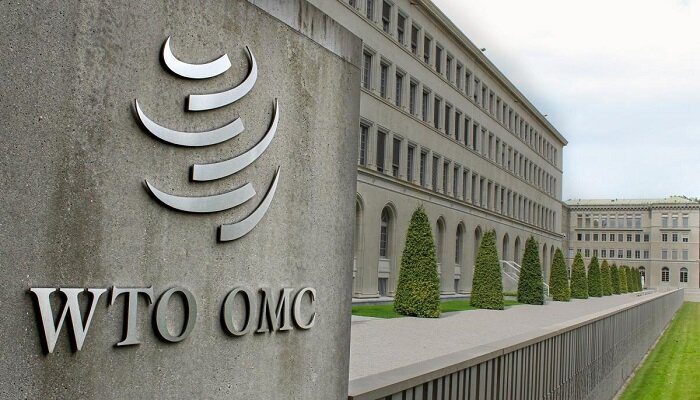Ngozi Okonjo-Iweala, who happens to be the Chief of the World Trade Organisation, voiced her hope for a swift resolution to the Israel-Hamas conflict. She emphasised the potential serious implications for global trade flows, which are already fragile, if the conflict were to escalate and spread across the region.
Okonjo-Iweala who is currently in Morocco for the annual meetings of the International Monetary Fund and World Bank expressed concerns about the potential impact of Middle East violence on trade growth. She pointed out that this aggression, along with other factors such as higher borrowing costs, a strained Chinese property market, and Russia’s conflict in Ukraine, could further hinder trade growth.
They hope that this situation comes to an end soon and that it remains contained. The biggest fear is if it expands, it will have an enormous effect on trade, she opined. Everyone is being cautious and optimistic, hoping for the best.
Okonjo-Iweala stated that worldwide instability is currently impeding trade growth, and this situation would worsen if a sudden war were to break out between Israel and the Islamist Hamas group, which controls the Gaza Strip.
She expressed concerns about the uncertainty surrounding the potential spread of this situation to the entire region, as it could significantly impact global economic growth.
It is well to be noted that last week, the Geneva-based trade body reduced its projection of growth for global goods trade in 2023 by half.
According to the WTO, the projected increase in merchandise trade volumes for 2023 has been revised down to 0.8% from the previous estimate of 1.7% made in April.
The forecast for goods trade growth in 2024 stays virtually unchanged from the April estimate of 3.2%, with a projected growth rate of 3.3%.
The organisation, which consists of 164 members, reiterated its warning about the presence of trade division resulting from global tensions. However, it clarified that there is no evidence of a wider de-globalization trend that could pose a threat to its 2024 forecast.






















